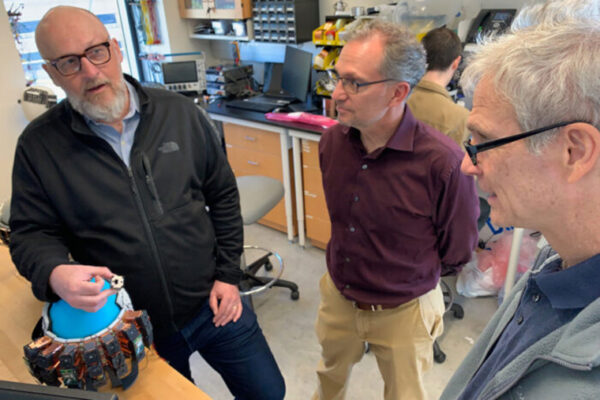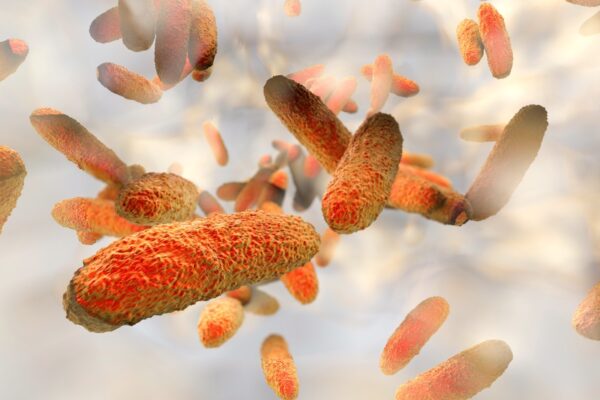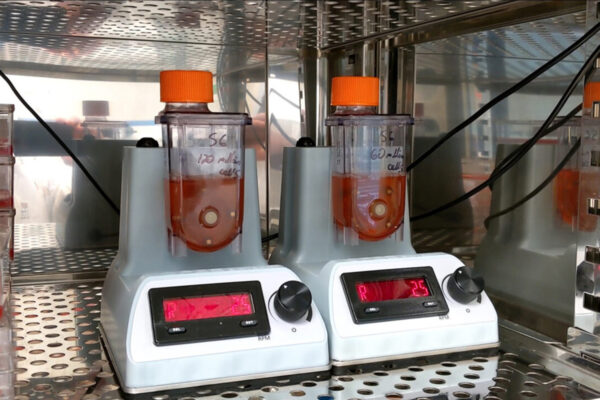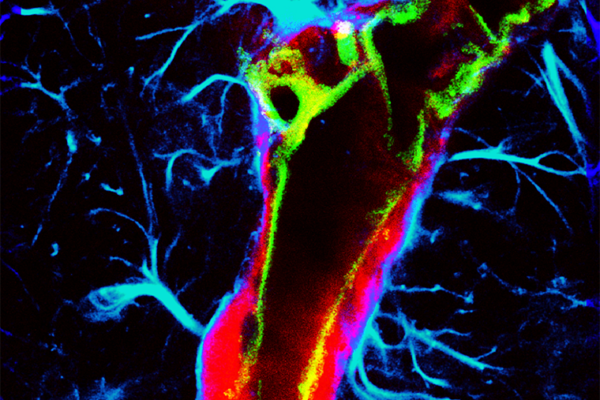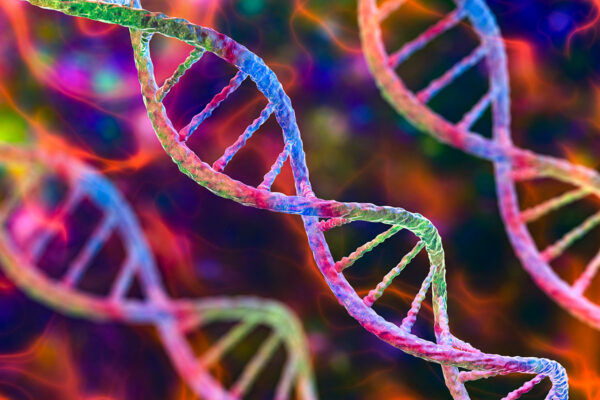Wearable, light-based brain-imaging tech to be commercialized with aid of NIH grant
Wearable brain-imaging tech aims to reveal how the brain works in natural, realistic situations. Washington University researchers received a National Institutes of Health (NIH) grant to develop and commercialize a brain-imaging cap that uses LED light to gauge brain activity.
Induction of a torpor-like state with ultrasound
Some mammals and birds have a clever way to preserve energy and heat by going into torpor, during which their body temperature and metabolic rate drop. Researchers at Washington University in St. Louis safely and noninvasively induced a torpor-like state in mice and rats by using ultrasound to stimulate the hypothalamus preoptic area in the brain.
Siteman Cancer Center launches cancer screening initiative to address racial disparities
Siteman Cancer Center at Barnes-Jewish Hospital and the School of Medicine is launching a prostate cancer screening initiative along with an educational campaign in the St. Louis region to address racial disparities in prostate cancer.
Research in mice offers clues for vaccinating against deadly bacteria
A mouse study at Washington University School of Medicine points to data that could be key to developing an effective vaccine for the bacterium Klebsiella pneumoniae. The bug is often resistant to antibiotics, making it difficult to treat in some.
Data from wearables could be a boon to mental health diagnosis
A team of researchers from the McKelvey School of Engineering and the School of Medicine are using Fitbit data and deep learning to detect depression and anxiety.
How to avoid mosquito bites
Katie Westby, a vector and disease ecologist at Tyson Research Center, applies a strong DEET repellant and wears treated clothing when she’s headed deep into the woods, but uses a lighter touch at home. She warns that pet dogs and cats can also be affected by mosquito bites.
Findings may lead to improved insulin-secreting cells derived from stem cells
Diabetes researchers at the School of Medicine have learned why islet beta cells produced from stem cells may not be as good at making insulin in response to blood sugar. The findings could improve treatment for those with insulin-dependent diabetes.
Insight into brain’s waste clearing system may shed light on brain diseases
Researchers at the McKelvey School of Engineering discovered how to use focused ultrasound with microbubbles to examine the glymphatic system. Impairments in this system may contribute to brain diseases, such as neurodegenerative diseases and stroke.
WashU team receives NSF Engines Development Award
A team led by Washington University in St. Louis has been awarded $1 million over two years from the National Science Foundation’s Regional Innovation Engines program to help advance neuroscience technologies.
WashU Medicine joins national effort to ID genetic differences within the body
The School of Medicine has received two grants totaling $22.5 million to help lead national efforts to understand how DNA changes create differences in genomes across tissues within the same person.
Older Stories
